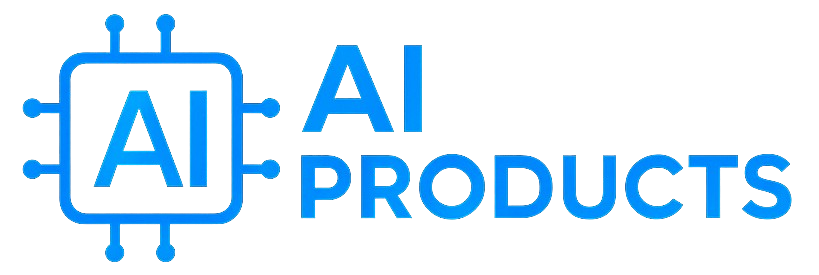Table of Contents
Introduction
The healthcare industry is undergoing a major transformation, and the role of AI in healthcare is at the center of it. From detecting diseases earlier to personalizing treatment plans, artificial intelligence is making medicine smarter, faster, and more efficient. This isn’t just about technology—it’s about saving lives and improving patient outcomes.
1. Understanding AI in Healthcare
Artificial intelligence refers to computer systems that can perform tasks requiring human intelligence, such as problem-solving, pattern recognition, and decision-making. In healthcare, AI tools analyze medical data, assist doctors with diagnoses, and even predict patient outcomes.
2. Early Disease Detection with AI
One of the most powerful applications of AI in healthcare is early detection. AI algorithms can identify subtle patterns in patient data that may indicate diseases like cancer, diabetes, or heart conditions—often before symptoms appear. This means treatment can begin earlier, improving survival rates.
3. AI in Medical Imaging
Radiology and pathology are two fields where AI is revolutionizing processes. Tools like Google’s DeepMind have shown impressive accuracy in detecting breast cancer from mammograms. By quickly analyzing scans, AI helps reduce errors and ensures patients receive faster, more reliable diagnoses.
4. Personalized Treatment Plans
AI in healthcare is not just about diagnosis—it’s also about personalized medicine. By studying genetic information, medical history, and lifestyle data, AI can help doctors design treatment plans tailored to each patient. This improves outcomes and reduces the risks of ineffective treatments.
5. AI-Powered Virtual Health Assistants
Virtual assistants like Babylon Health and Ada use AI to answer health-related questions, monitor symptoms, and even schedule doctor visits. These tools give patients 24/7 access to basic medical advice, reducing hospital visits for minor issues and saving valuable time for doctors.
6. Improving Hospital Efficiency with AI
Hospitals also benefit from AI-driven technology. Predictive analytics help manage patient admissions, optimize staff schedules, and reduce waiting times. AI-powered robots can even assist in surgeries with higher precision, leading to fewer complications and faster recovery times.
7. Challenges and Ethical Considerations
While the role of AI in healthcare is promising, challenges remain. Key issues include:
- Data Privacy: Protecting sensitive medical data is critical.
- Bias: AI systems must be trained on diverse datasets to avoid biased results.
- Human Oversight: AI should support doctors, not replace them.
Balancing innovation with ethics ensures that AI serves patients fairly and responsibly.

Conclusion
The role of AI in healthcare is reshaping medicine and saving lives. From early detection and personalized treatments to hospital efficiency, artificial intelligence is proving to be a game-changer. While challenges exist, the benefits are undeniable. As technology continues to advance, AI will remain a powerful partner in building a healthier future.
FAQs: The Role of AI in Healthcare
1. How is AI used in healthcare today?
AI is used in medical imaging, disease detection, hospital management, and personalized treatments.
2. Can AI replace doctors?
No. AI supports doctors by providing insights and analysis, but human expertise and judgment remain essential.
3. Is AI safe in healthcare?
Yes, when used responsibly. However, data privacy and ethical practices must always be prioritized.
4. How does AI save lives in medicine?
By detecting diseases earlier, reducing diagnostic errors, and creating personalized care plans, AI directly improves patient survival rates.
5. What is the future of AI in healthcare?
Expect broader use of AI in predictive healthcare, robotic surgery, telemedicine, and drug discovery.




